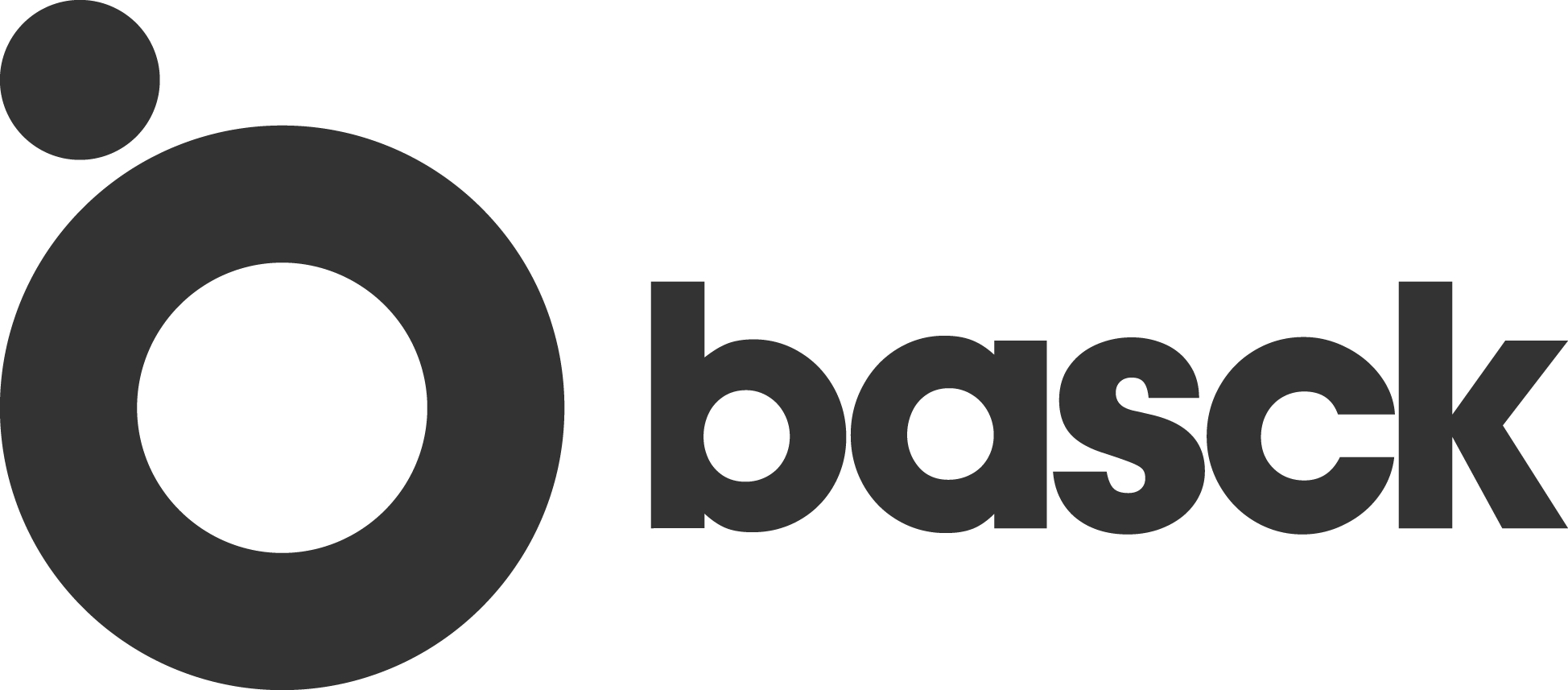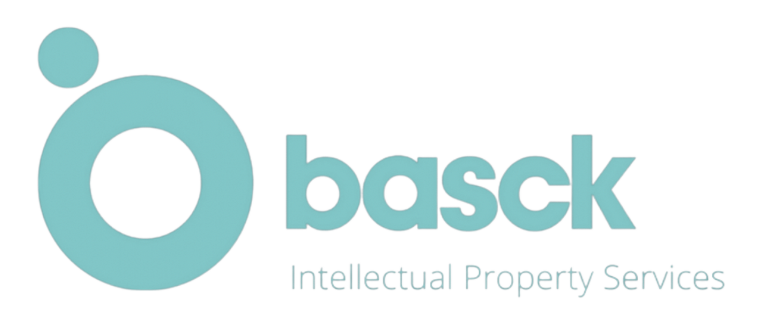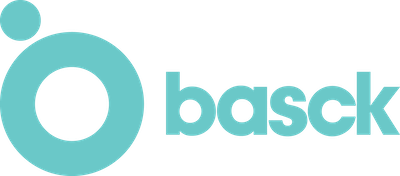
A provisional or non-provisional patent can be obtained for a method, a device or an application.It can take years to obtain, but it is the only IP right that protects functionality (not ideas or concepts though!).
A lot of entrepreneurs gets discouraged hearing that software cannot be patented as such. However, even if the road to the desired patent grant might be a bit more complicated than for some other technologies, software can indeed be patented.
Software belongs to the “grey zone” of patenting. Software is not patentable “as such”, however, if it involves solving a technical problem with a technical solution, it can very well be protected with a patent. The different IP offices have different guidelines in assessing software-related inventions. The same invention could be granted in one country, but rejected in another one.
Your software needs to lead to a technical effect such as decreased time of data processing, decreased latency, increased security. You also must be willing to disclose the steps of your method as well as the elements of the entire system.
- Reducing latency
- Increasing speed or bandwidth
- Reducing resource usage
- Improving reliability
- Improving security
- Enabling faster/more reliable input
- Decreasing latency
- Reducing speed of transactions
- Decreasing in attack surface
- Increasing profit
- Improving search results
- Providing more relevant advert
- Adapting to user preferences
- Making information easier to understand
- Loss of profit to 3rd party
- Legal/regulatory requirements
- Maintaining control over commercial transactions

Do your research
Before commencement of any Research and Development, you should first check the free public databases which provide a great source of technical information.

Novel, inventive, industrial applicability
The Examiner will asses whether your invention satisfies each of these 3 criteria in order be patented. Software CAN be patentable, just NOT as such.

Do not disclose
Refrain from any marketing activities e.g. Kickstarter before filing a patent. Once publicly disclosed, your invention is in the public domain and may no longer be patentable.
If you would like further information or advice please contact us and see what we can do to assist you on securing a patent.
Need advice on Intellectual Property?
Drop us a line and let us know how we can help!
Don’t worry, the initial consultation is free of charge.


